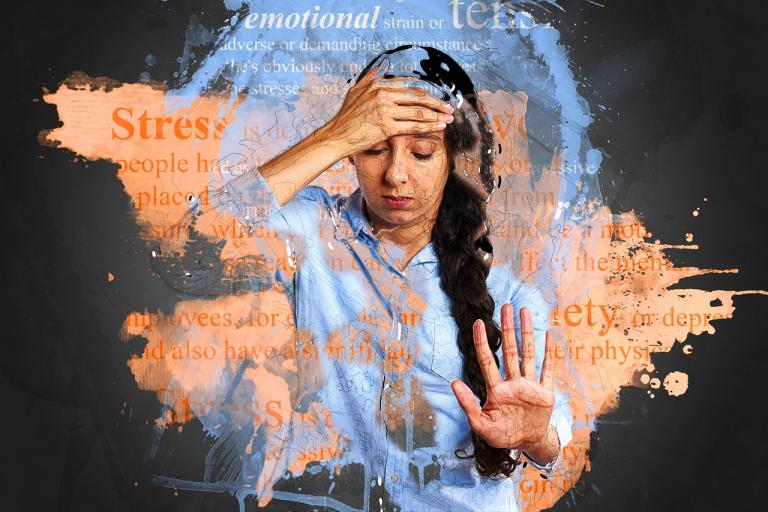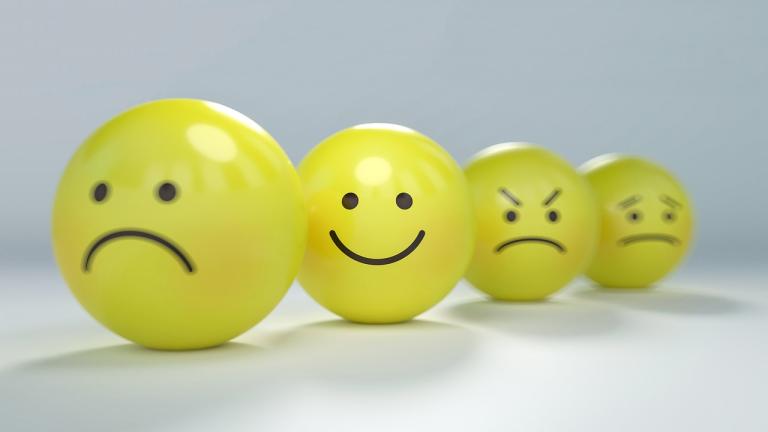Many people struggle with anxiety. Here is some information to better understand what anxiety is all about and the treatment needed to overcome it.
Anxiety is:
- on the rise and considered the most common psychiatric condition. Anxiety & Depression Association of America estimates that 40 million people suffer with anxiety A significant rise in anxiety levels has occurred during recent decades among children and college students.
- the most common child psychiatric condition (13% according to NIMH).
- a predisposing factor to major depression if untreated.
- often linked to physical problems such as asthma, coronary heart disease, irritable bowel syndrome, ulcers, etc.
- correlated with a low social connectedness and high environmental threat
- highly correlated with alcohol and other substance abuse
- usually precedes the onset of drinking and other substance abuse.
Possible root causes:
- trauma and loss of control
- inherited predisposition to anxiety responses; high anxiety sensitivity
- personality characteristics
- disordered perceptions of reality or danger. Cognitions then elicit the emotional response of anxiety
- social disconnectiveness and loneliness
- environmental threat and cumulated stress
- avoidance and becomes a learned behavior (behavioral-classical conditioning and observational learning)
- unconscious conflict
- biological causes and medical conditions
- lack of meaning and purpose, spiritual void
Problems you may note in children and adolescents that indicate anxiety
Refusal to go to school, overly clinging behavior, frequent stomach aches, headaches and other physical complaints, difficulty getting work completed (frequent false starts, rubbing out errors, etc), persistent nightmares, substance abuse, frequent truancy, risk-taking behavior, acting out, decline in academic.
The good news
Anxiety is highly treatable. Getting treatment can greatly reduce your risk for hospitalization and other psychiatric disorders. Anxiety can be a reaction to stress so managing stress is key. Treatment options include therapy, medication, complementary and alternative treatments such as relaxation treatments, Christian mindfulness and meditation and more. The point is, if you struggle with anxiety, get the help you need.



